Digitalisation presents a challenge to talent development worldwide
At the sixth Times Higher Education (THE) World Academic Summit, experts from the research community and higher education explored and reflected on how digitalisation is changing higher education and on nurturing of talent. ETH Zurich hosted the conference.

What does talent need to thrive? What do universities and businesses need to do to source, educate, and develop talent? How do you define “talent”? What knowledge and skills are required for the digital world of work? How should universities prepare students for the employment market?
These were the key themes surrounding education and economic development that some 400 university leaders and leading educational decision-makers discussed at ETH Zurich this week during the sixth World Academic Summit on “How talent thrives”. ETH was the host partner and organiser for the Times Higher Education (THE) event, which reports on news and issues related to higher education and publishes the illustrious World University Rankings.
If there is one thing in which experts from the academic and business communities agree, it is that the change currently sweeping industry is profound. No one; however, can really predict how the world of work is set to change as a result of new technologies – like artificial intelligence – and precisely when and which sectors and production processes will become automated. So in response to the question of which skills employees will need for their jobs in the future, there is no conclusive answer.
New skills in demand
“By 2022, the core skills required to perform most jobs will change by 42 percent,” said Saadia Zahidi, a Managing Director at the World Economic Forum (WEF). This calls for a major “reskilling revolution”, she said. It’s becoming increasingly apparent that skills such as analytical and innovative thinking, active learning, creativity, originality, and initiative will be in greater demand in the future than they are today.
In light of this development, skills cannot be defined by one’s proficiency in certain technologies alone, since these technologies may become obsolete from one day to the next. Consequently, lifelong learning will become a key skill along with the ability to address complex problems and solve them by taking a multidisciplinary approach.
Although the impact of this development reaches beyond higher education, universities play a central role given that they develop the basis for new technologies and nurture the talent that drives the technologies forward in industry.
Talent grows according to its environment
“Talent is not something that people have, it is developed by the interaction between individuals and the world, and educators are the shapers of it,” summarized Manu Kapur, Professor of Learning Sciences at ETH Zurich. As industry and university experts from Asia, North America, and Europe have pointed out, talent is a combination of personal qualities and interpersonal skills. Talent develops, more or less, according to its environment and the opportunities this offers.
Furthermore, it was said that the unique role of universities has to do with their autonomy. University establishments provide students with an environment where they can learn in close proximity to research and have the opportunity to try out their own ideas. It’s essential for universities to impress upon their students that it is okay for a research project to fail, and that resilience is a key quality they need to develop.
Technical and ethical skills
In addition to factual knowledge and technical skills, higher education must teach problem-solving skills and lifelong learning. Given the pace of technological change, the summit underscored the importance of critical thinking, ethical knowledge, decency, and cost consciousness.
Company representatives, for instance Gordana Landen, Chief HR Officer at the Adecco Group, and Karin Vey, Executive Innovation Consultant at IBM Research Zurich, also emphasised the importance of lifelong learning and reskilling. Another point to come out of the discussion was that providing attractive working environments was just one part of the equation. New forms of financing for further education and cooperation between companies, universities and governments were also highlighted as key factors.
In addition to industry-academic collaboration, in the future, employees should also have the opportunity to switch between industry and university several times during their career in order to gain the work or educational experience they require. Online courses will play a key role here too, since they are more widely accessible than classroom-taught courses at universities.
Avoiding a split society
“Academics need to think about the needs of the society and discuss with companies what skills are needed,” said Alessio Figalli, Professor of Mathematics at ETH Zurich. At the beginning of the conference, Joël Mesot, President of ETH Zurich, and Phil Baty, Chief Knowledge Officer at THE, pointed out that favouring the development of “super-talented people” was not a sustainable model for social and economic stability.
“Social cohesion will be at risk if the gap between highly educated people and those with limited opportunities widens. Long-term social stability is possible only if we include all members of society and offer them a wide range of opportunities,” Mesot said. Baty added that “universities, governments and industry should do everything in their power to ensure that all talent, regardless of background, is recognised and empowered to make the world a better place.”
Another topic of discussion was how universities can promote diversity in education, talent and career development so that both genders and as many people as possible get the opportunity to help shape technological development. “Achieving diversity in leadership is highly desirable in universities,” said ETH Zurich Rector Sarah Springman.
Pictures from the World Academic Summit 2019
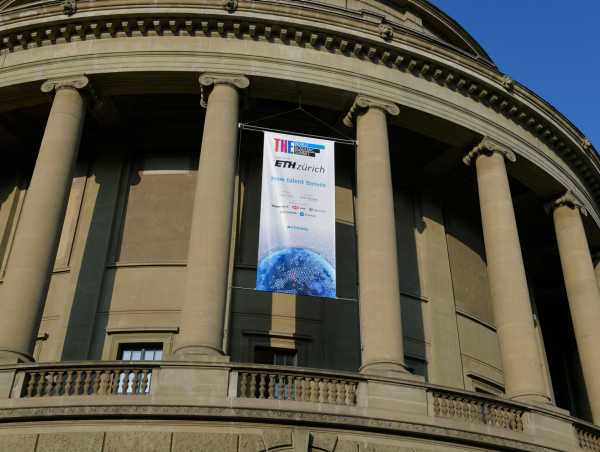
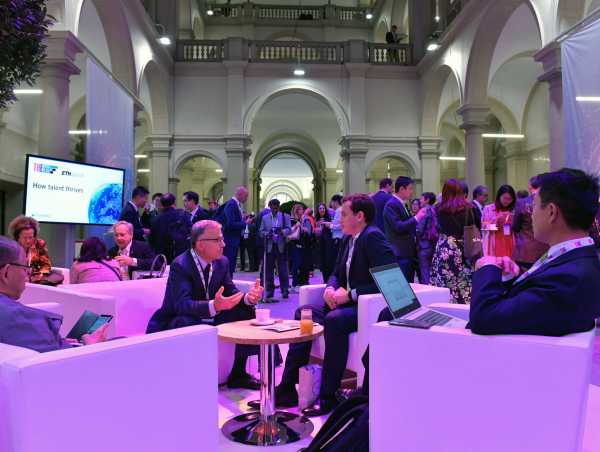
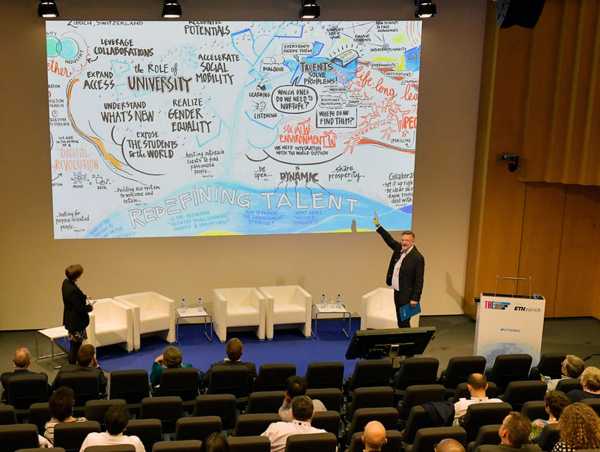
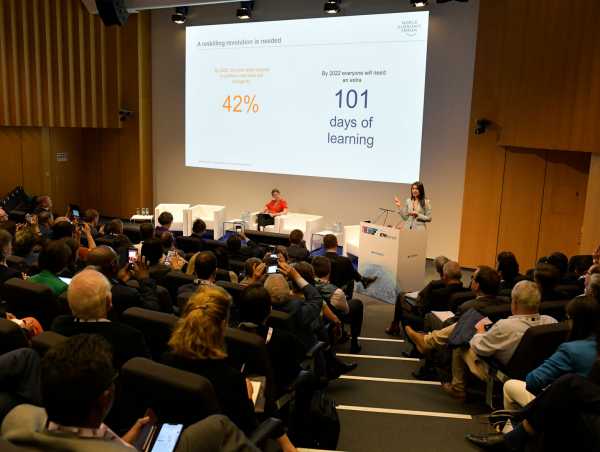
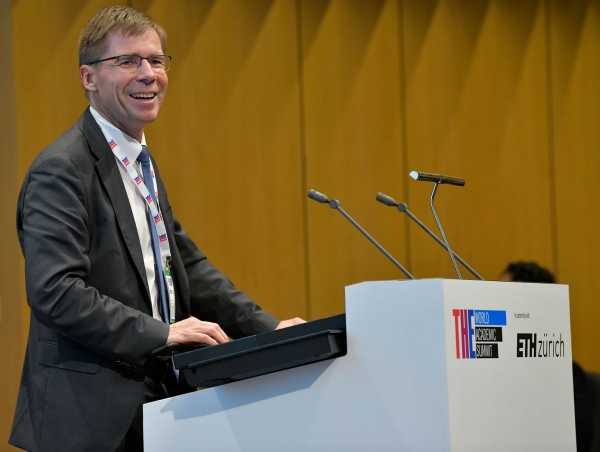
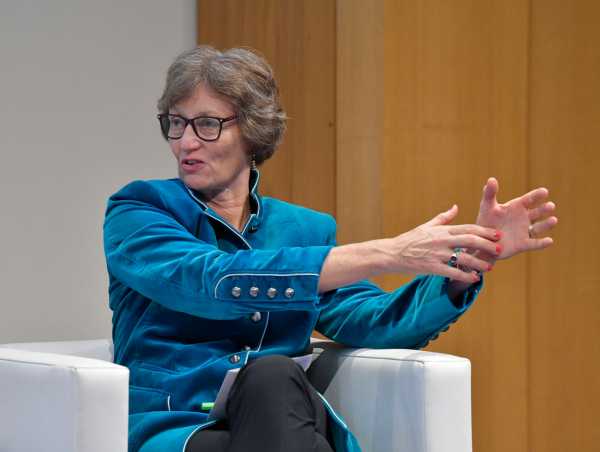
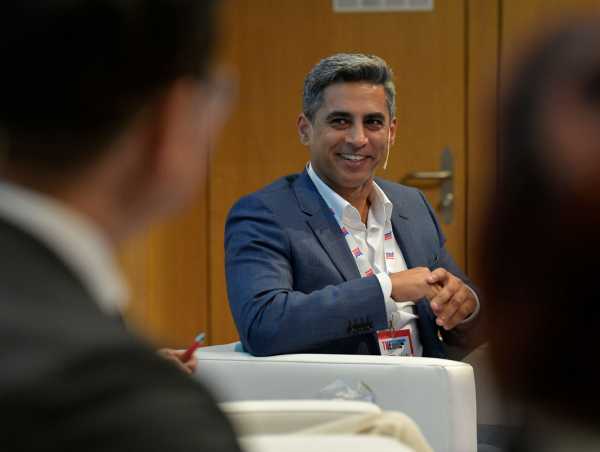
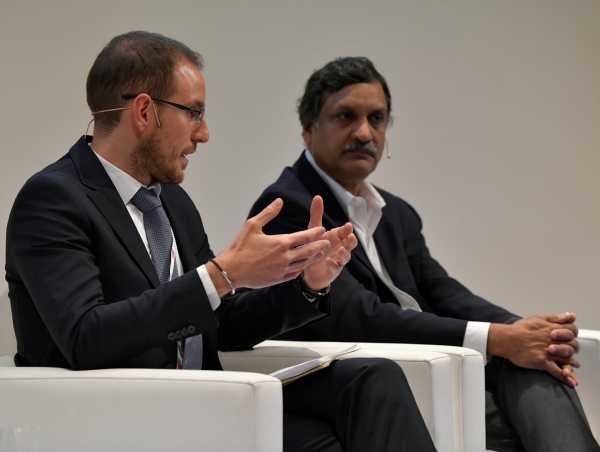
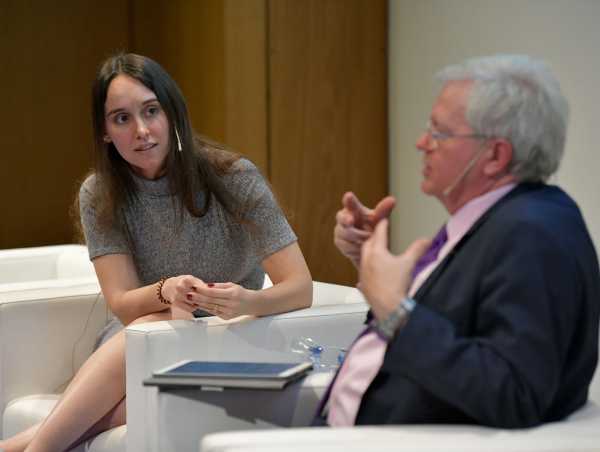
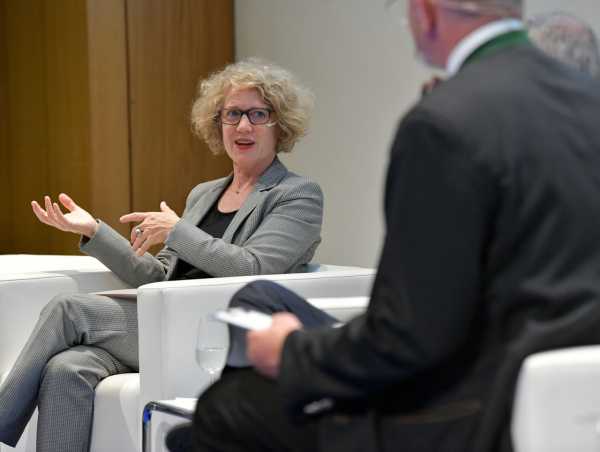
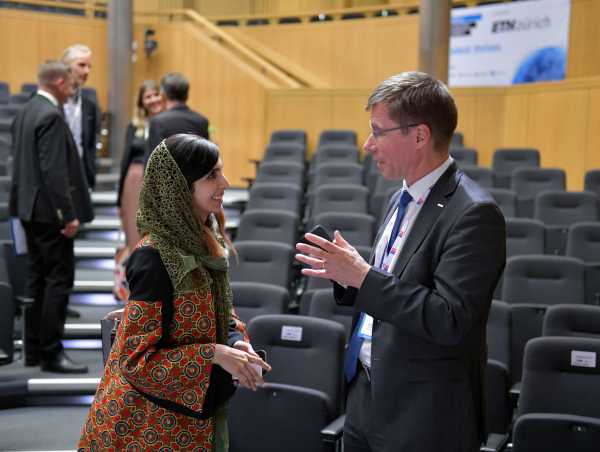
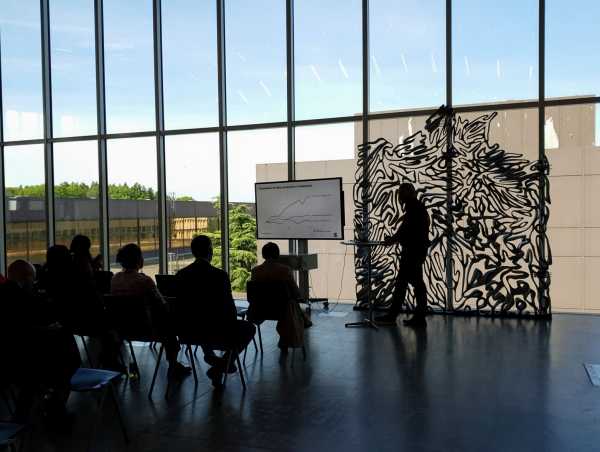
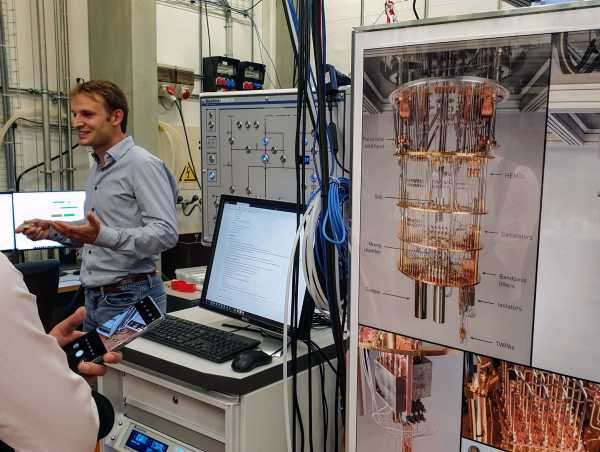
Comments
Difficult to comment on something on the edge. Coming from a nation that is actually attempting to control quality, this sounds not feasible, yet it is something that has to be addressed. Quality can’t be imposed. This is something that needs to be applied but Peru will miss this.